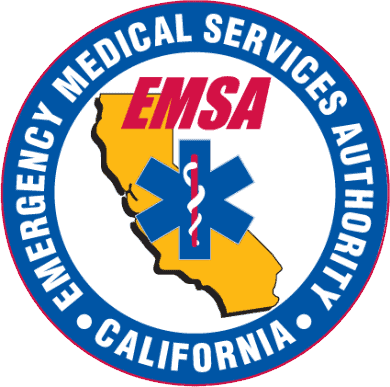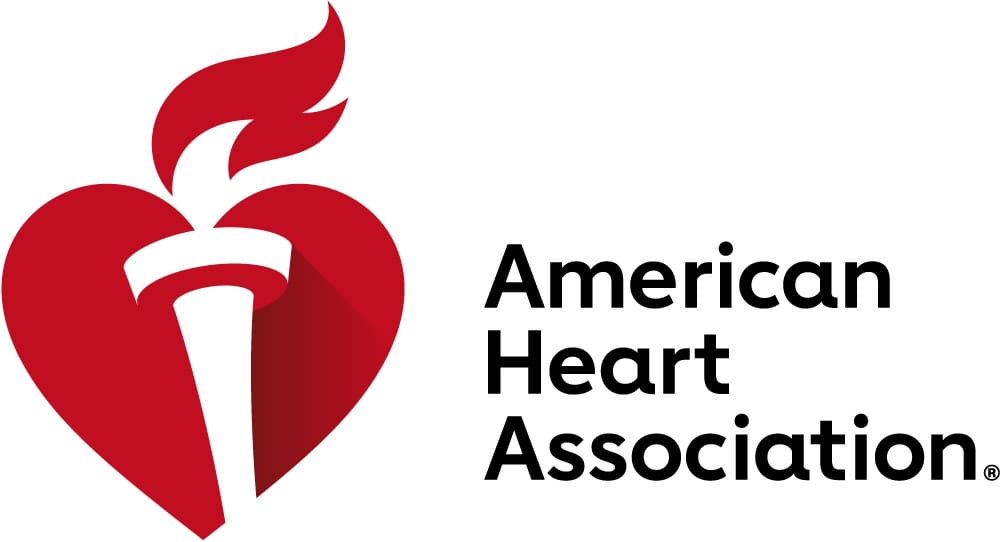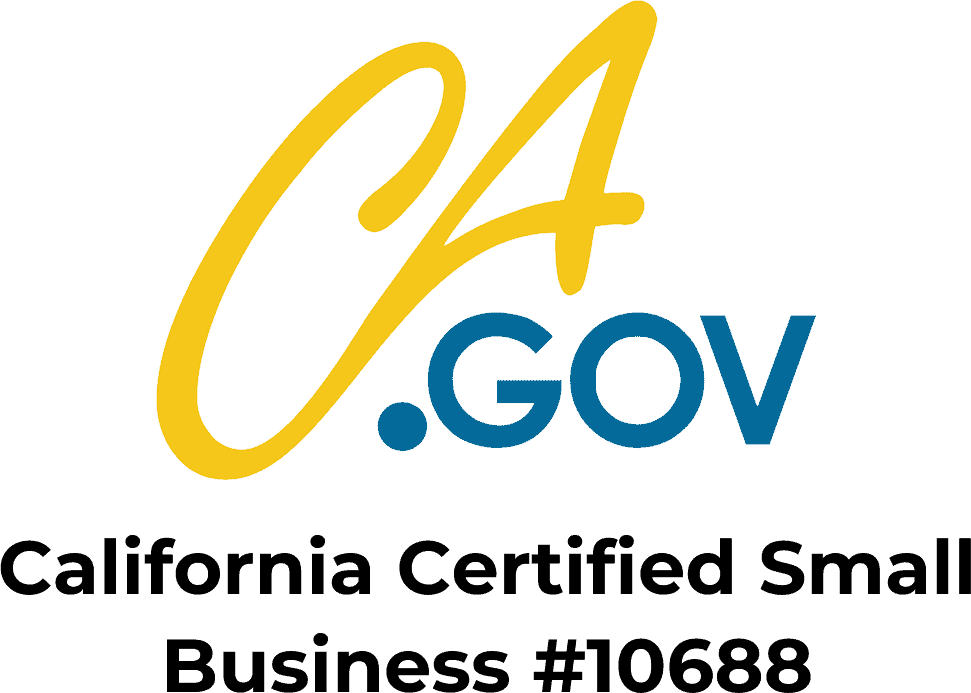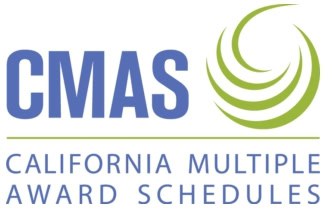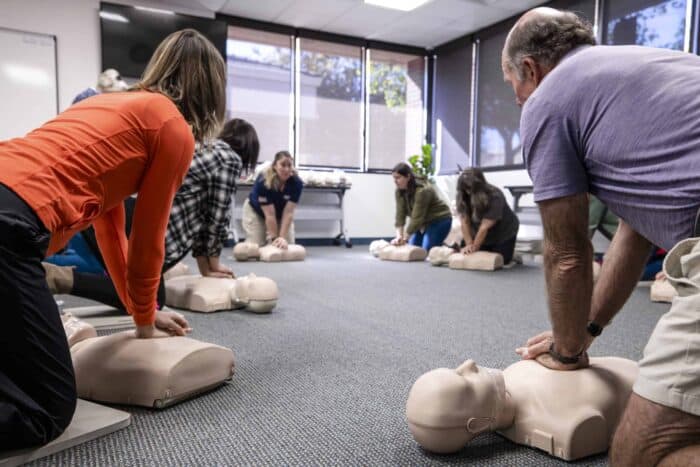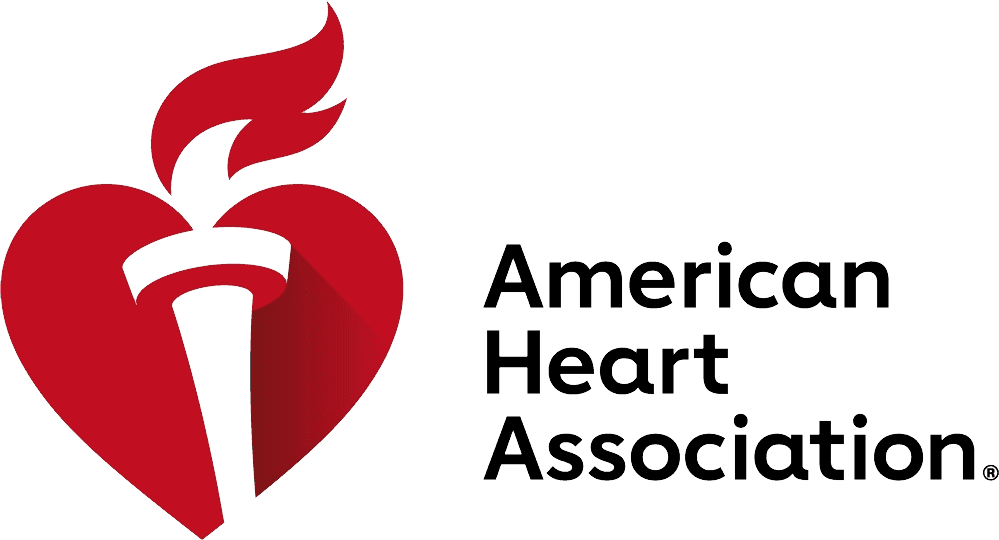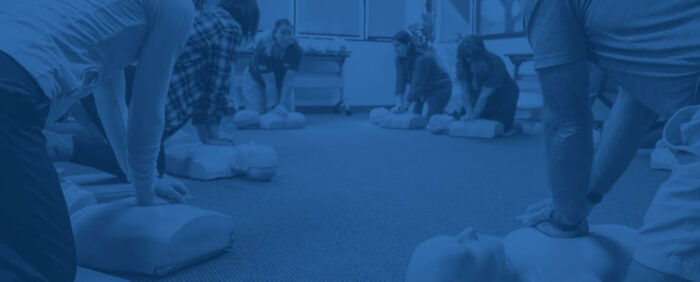Your cart is currently empty!

Did you know that heart disease remains the leading cause of death in the United States? However, the good news is many heart-related conditions can be prevented through lifestyle changes and early intervention. This blog will explore ways to maintain a healthy heart and the importance of emergency preparedness, including learning lifesaving skills through CPR & AED classes.
Factors to Consider About Your Heart Health
Your heart works tirelessly to keep your body functioning, but many serious health issues such as hypertension, heart attacks, and strokes can significantly derail your heart heath. What are the factors that can put a strain on your heart? Some include:
● Poor lifestyle choices such as smoking or overeating
● Genetic factors
● Unhealthy cholesterol levels
● Underlying medical conditions
● Age
● High blood pressure
Key Steps to a Healthy Heart
Taking charge of your heart health requires a combination of healthy habits, regular check-ups with your physician, and knowing how to respond to emergencies. It’s important to take precautions in your daily life to offset future heart problems and champion a healthy heart. Here are a few tips we recommend:
1. Maintain a Heart-Healthy Diet
One of the easiest and most significant ways to keep your heart strong is simply to pay attention to what you eat. Focus on consuming these types of foods:
● Fruits and vegetables: It turns out your parents were right when they said to eat your veggies! Fruits and vegetables are high in essential vitamins, minerals, and fiber.
● Whole grains: Whole grains contain large amounts of fiber, which helps lower cholesterol.
● Lean proteins: Fish, poultry, and plant-based lean protein are heart-healthy.
● Healthy fats: Not all fat is bad for you! Healthy fats, like those found in avocados, nuts, and olive oil, help lower your risk of cardiovascular disease.
● Limited sodium and added sugars: Limiting these additives reduces the risk of hypertension and diabetes.
2. Stay Active
Exercise provides multiple health benefits, and many of them involve your heart. When you exercise, it strengthens your heart, improves circulation, and helps manage weight. Aiming for at least 150 minutes of moderate-intensity exercise per week, such as brisk walking, cycling, or swimming, can improve your heart health. Even small changes, like taking the stairs instead of the elevator, are beneficial.
3. Monitor Your Blood Pressure and Cholesterol
High blood pressure and cholesterol levels can significantly increase your risk of heart disease. Routine check-ups with your physician can help monitor these levels and allow for early intervention when necessary.
4. Reduce Stress
We may think that stress only affects our mental health, but chronic stress can actually negatively impact heart health by increasing blood pressure. Additionally, continually living in a state of stress may lead to unhealthy coping mechanisms such as smoking or overeating. To help reduce or manage stress, try these techniques:
● Meditation or prayer
● Deep breathing
● Regular physical activity
● Counseling or therapy
● Journaling
● Talking with a friend
5. Learn the Life-Saving Skills of CPR and How to Use an AED
In addition to maintaining heart health ourselves, it’s essential to be prepared for emergencies so we can help others. Sudden cardiac arrest can happen without warning, and knowing how to perform CPR and use an automated external defibrillator (AED) can save a life. CPR & AED classes offered by Rescue Training Institute provide hands-on training to equip individuals with the skills needed to respond effectively in a cardiac emergency.
The Role of AEDs in Cardiac Emergencies
Automated external defibrillators (AEDs) are devices that analyze the heart’s rhythm and deliver a shock if necessary to restore normal function, providing immediate treatment for sudden cardiac arrest. AED products must be readily available in locations such as:
● Businesses
● Schools
● Community centers
● Assisted living facilities
As an authorized and trusted distributor, we offer top AED brands such as Zoll, Cardiac Science, Philips, Defibtech, and Heartsine. Browse our online store to find these life-saving devices available for purchase.
Why You Should Take CPR & AED Classes
Whether at home, work, or in a public setting, knowing CPR and how to use an AED can make all the difference in the event of a cardiac emergency. CPR & AED classes empower individuals to take immediate action, significantly increasing survival rates for cardiac arrest victims by teaching essential skills such as:
● Recognizing the signs of cardiac arrest
● Performing high-quality chest compressions
● Using an AED correctly and confidently
● Providing assistance until emergency responders arrive
Invest in AED Products for Your Workplace and Community
Having access to AED products in workplaces, gyms, schools, and public spaces can make a life-saving difference. The presence of an AED and trained personnel can dramatically improve survival chances for someone experiencing sudden cardiac arrest. Rescue Training Institute offers emergency-ready AEDs to ensure safety in various environments.
Take Action for Heart Health Today
American Heart Month is a reminder to prioritize cardiovascular health and be prepared for emergencies. By adopting heart-healthy habits and staying informed, you can protect yourself and those around you. For more training opportunities and heart health resources, visit Rescue Training Institute and take the first step toward a healthier, safer future.

